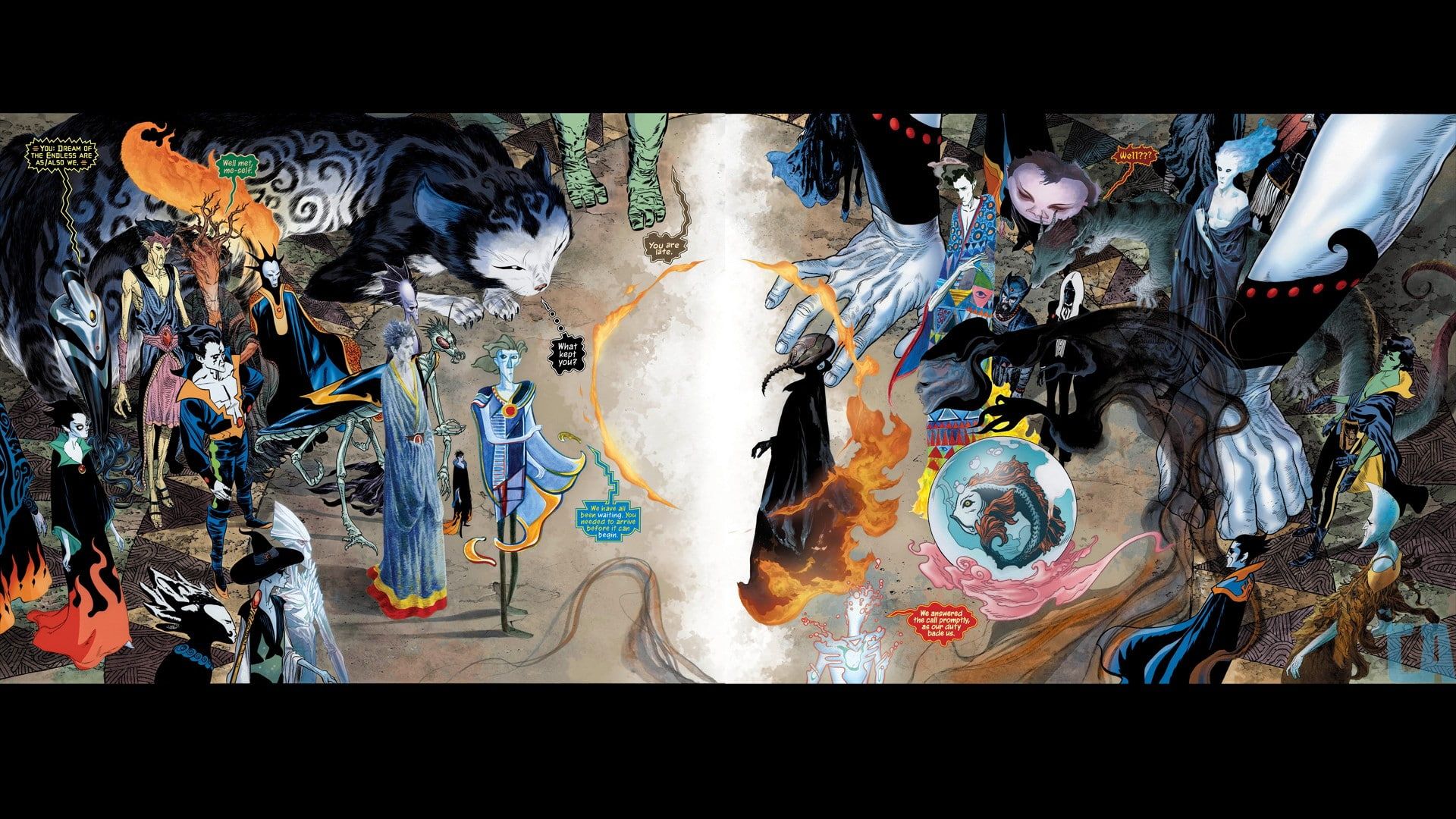
FAQ About Neil Gaiman
Neil Gaiman
2 years ago | gizem
What is Neil Gaiman's stance on book adaptations?
Neil Gaiman has generally been supportive of book adaptations, particularly when they are done in a way that respects and captures the essence of the original source material. He has been involved in various adaptations of his own work and has often expressed a positive attitude toward the adaptation process. Here are some key points regarding his stance on book adaptations:
- Collaborative Approach: Gaiman often takes a collaborative approach when his works are adapted for other media, such as film or television. He recognizes that adaptations require creative input from a team of writers, directors, and actors, and he is open to working with them to bring his stories to life in new ways.
- Respect for the Source Material: Gaiman values adaptations that remain true to the spirit and themes of his original works. While he understands that changes may be necessary to adapt a story to a different medium, he appreciates when adaptations maintain the core elements and themes that make his stories unique.
- Involvement in Adaptations: Gaiman has been directly involved in the production of some adaptations of his work, serving as a writer, executive producer, or consultant. His involvement ensures that his creative vision and storytelling are well-represented in the adaptation.
- Positive Feedback: Gaiman has often shared positive feedback about adaptations of his work when he believes they have been well-executed. For example, he has spoken highly of the TV adaptation of "Good Omens" (co-authored with Terry Pratchett) and the animated film adaptation of "Coraline."
- Open to Interpretation: Gaiman acknowledges that every adaptation is an interpretation of his work by a new set of creators. He appreciates when adaptations bring fresh perspectives and ideas to his stories, enriching the overall experience for both new and existing fans.
- Encouragement for Creativity: Gaiman encourages creative individuals and teams to take his stories and make them their own in the adaptation process. He believes that adaptations can breathe new life into familiar tales and introduce them to new audiences.
